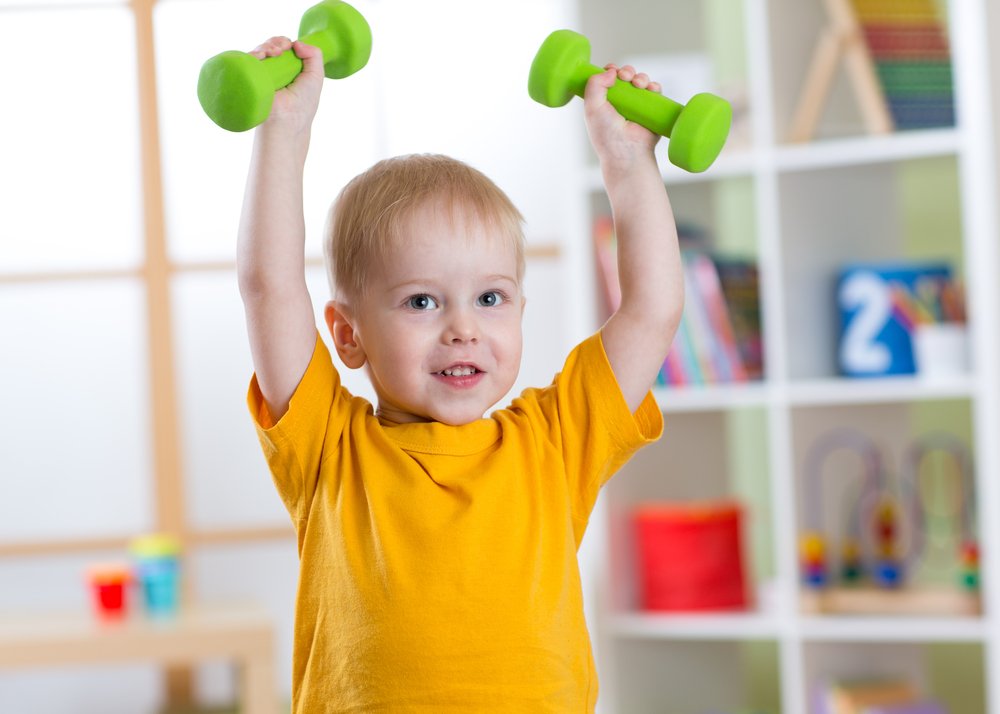Key points:
1. Toddlers have high levels of energy and a natural curiosity to explore their surroundings, which emphasizes the need for a healthy and balanced diet.
2. As children grow and become more active, their eating patterns might fluctuate, ranging from days of great appetite to days with less interest in food. This variability is normal as long as overall growth and happiness are maintained.
3. Encouraging independent eating with utensils is essential during this stage to boost adaptability and motor skills. Small, manageable food pieces can help them practice eating on their own.
4. Iron-rich foods like legumes, meat, and fortified cereals, paired with vitamin C sources, support healthy growth in toddlers; and limiting milk intake to ensure appetite for other foods and offering foods with healthy fats is essential for proper development at this stage.
At this stage of development, children have an amazing amount of energy; so much that it seems they never get tired! Sure, every child is different and some are more active than others, but you need to feed your child so they have a healthy diet to keep growing and to continue their active exploration of the world that surrounds them.
Since your toddler learned to crawl and walk, access to their surroundings has increased, making it much easier to move to areas that catch their attention. With this in mind, we know little ones don’t want to sit still. That’s why it is very important to keep their tummies full, even though sometimes they might seem to forget they have to eat.
How should you feed your child at this stage?
It is important to emphasize that, even though your child is still growing, it’s not at the same rate as it was during their first year of life. With this in mind, remember that it is normal for them to lose interest in food or to prefer to play instead of eating. Likewise, it might seem that some days they have a great appetite, while others it might seem nonexistent. This is completely normal. As long as your little one continues to grow and is happy, then there’s no problem. However, if you notice that your child is not gaining weight or seems to lack energy, don’t hesitate to contact your pediatrician.
Moreover, at this stage, your little one is probably learning to eat on their own with utensils. This is an excellent opportunity to boost their adaptability. Small pasta pieces, shredded chicken, or other food that can be cut into small pieces and is easy to hold with a spoon or fork is very good to practice eating without help.
Now, having to feed your child new foods is not the only challenge that may arise. The immense energy that young children have can make it difficult for them to sit down and eat. Therefore, sometimes you can choose to feed your child while playing or walking around, although it is not recommended. It is important and safer to teach children to eat at the table. Tell them that once they are finished, they can continue playing. If your child eats with the family, involve them in the small talk and remember to praise them for their efforts so they may be motivated to continue eating at the table.
Also, remember to offer iron-rich food during mealtimes. Legumes, meat, fish, chicken, and iron-fortified cereals are great options. And when you give them iron-fortified foods, try to include vitamin C like tomatoes, oranges or broccoli, to help them with iron absorption. Likewise, limit milk consumption to no more than 3 glasses per day so that your baby is hungry enough to eat other food.
At this stage of development, your kid’s body and brain require food that contains fat, so don’t give them low-fat choices, unless your doctor advises you to do so. Finally, it is alright to add a pinch of salt to their dishes and give them the same food the rest of the family is having.







